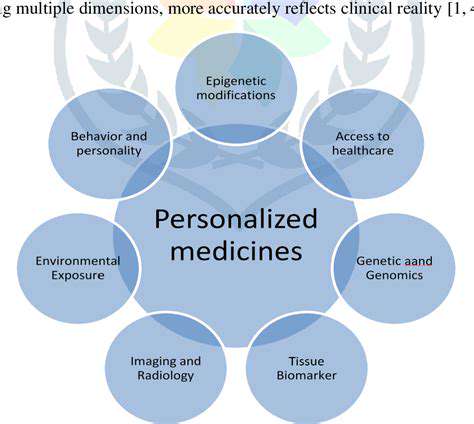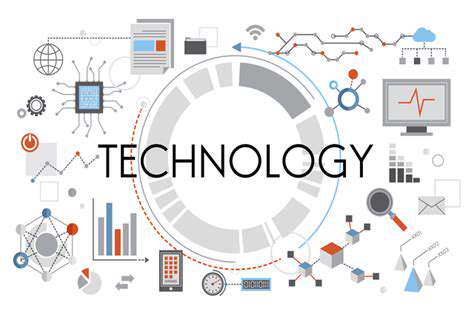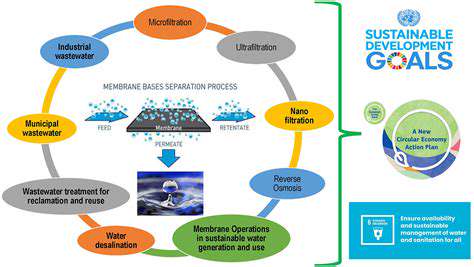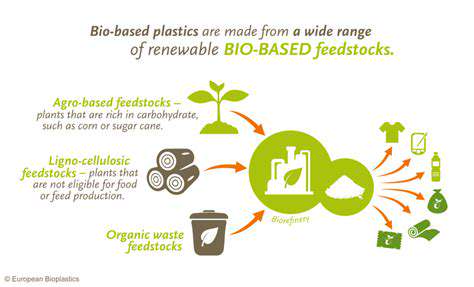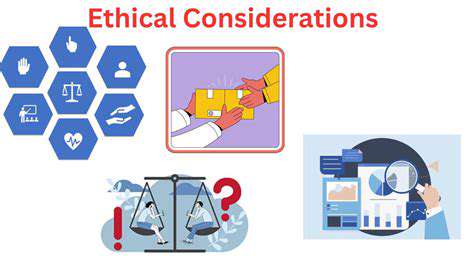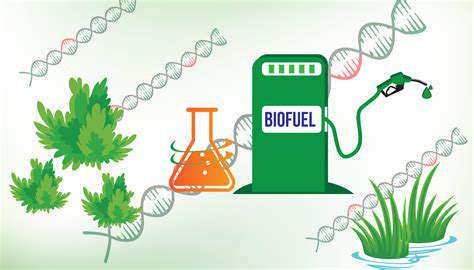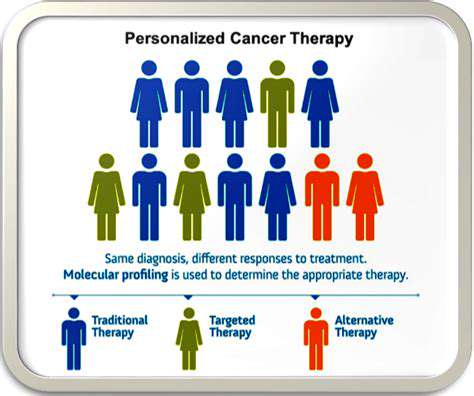Modern biology has been fundamentally transformed by tools like CRISPR-Cas9, enabling unprecedented precision in DNA modification. These breakthroughs don't just represent technical achievements - they're rewriting the rules of genetic research and therapeutic development. For the first time in human history, we possess the capability to directly correct genetic errors at their source. The implications span from creating accurate disease models to developing treatments for conditions once considered permanently debilitating.
CRISPR-Cas9: Precision Redefined
This groundbreaking technique harnesses a bacterial immune mechanism, adapted to serve as molecular scissors that can target specific genetic sequences. What sets CRISPR apart is its remarkable accuracy combined with relative simplicity, making genetic modification more accessible than ever before. Researchers can now perform edits that were unimaginable just a decade ago, from silencing problematic genes to inserting beneficial sequences.
Medical Applications: From Theory to Therapy
The healthcare implications are profound. Scientists are exploring applications ranging from cancer treatments to genetic disorder corrections. Conditions like sickle cell anemia and cystic fibrosis may soon transition from chronic illnesses to potentially curable conditions. The ability to modify immune cells offers new hope for autoimmune diseases and even HIV treatment.
Ethical Dimensions in the Genomic Age
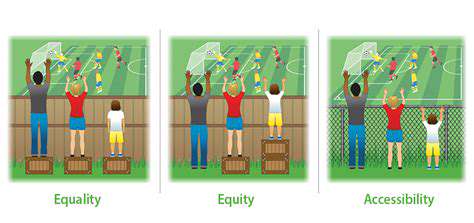
Consent and Complexity
Informed consent presents unique challenges in gene therapy contexts. Unlike conventional treatments, genetic modifications may affect not just individuals but their descendants. This raises questions about consent across generations and the right to an unmodified genome. The medical community faces the difficult task of explaining complex genetic concepts in accessible terms while maintaining scientific accuracy.
Equity in Genetic Medicine
The potential for genetic therapies to create new healthcare disparities cannot be ignored. Without careful planning, these revolutionary treatments could become luxury services available only to wealthy individuals and nations. This could exacerbate existing health inequalities and create new forms of genetic privilege. Policy frameworks must address pricing models, insurance coverage, and global access to prevent such outcomes.
Long-term Societal Impacts
We must consider how genetic modifications might influence human evolution over generations. While current applications focus on therapeutic uses, the potential for enhancement raises profound philosophical questions. How might widespread genetic modification affect human diversity? Could it unintentionally reduce genetic variability that provides resilience against future diseases? These questions require multidisciplinary dialogue involving scientists, ethicists, and policymakers.
Beyond Healthcare: Wider Applications
Agricultural Innovations
Gene editing promises to revolutionize food production. Crops can be developed with enhanced nutritional profiles, improved yields, and greater resistance to climate stressors. This technology could play a crucial role in addressing global food security challenges, particularly in regions most affected by climate change.
Environmental Solutions
Researchers are exploring genetic approaches to environmental remediation, from developing microbes that break down pollutants to engineering plants that absorb heavy metals. These applications could transform our approach to ecological restoration and pollution control.
Public Engagement and Responsible Development
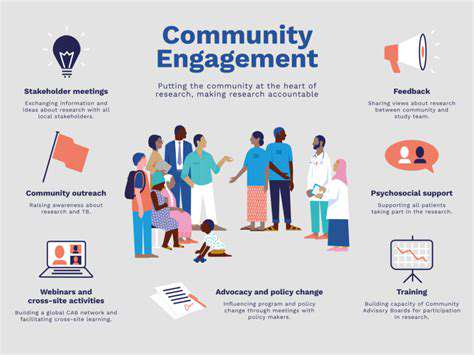
As gene editing technologies advance, maintaining public trust through transparency will be crucial. Research institutions and companies must balance scientific progress with ethical responsibility, ensuring that these powerful tools are developed and deployed for broad societal benefit rather than private gain. The coming decades will require careful navigation between scientific potential and ethical boundaries as we shape the future of genetic medicine.


